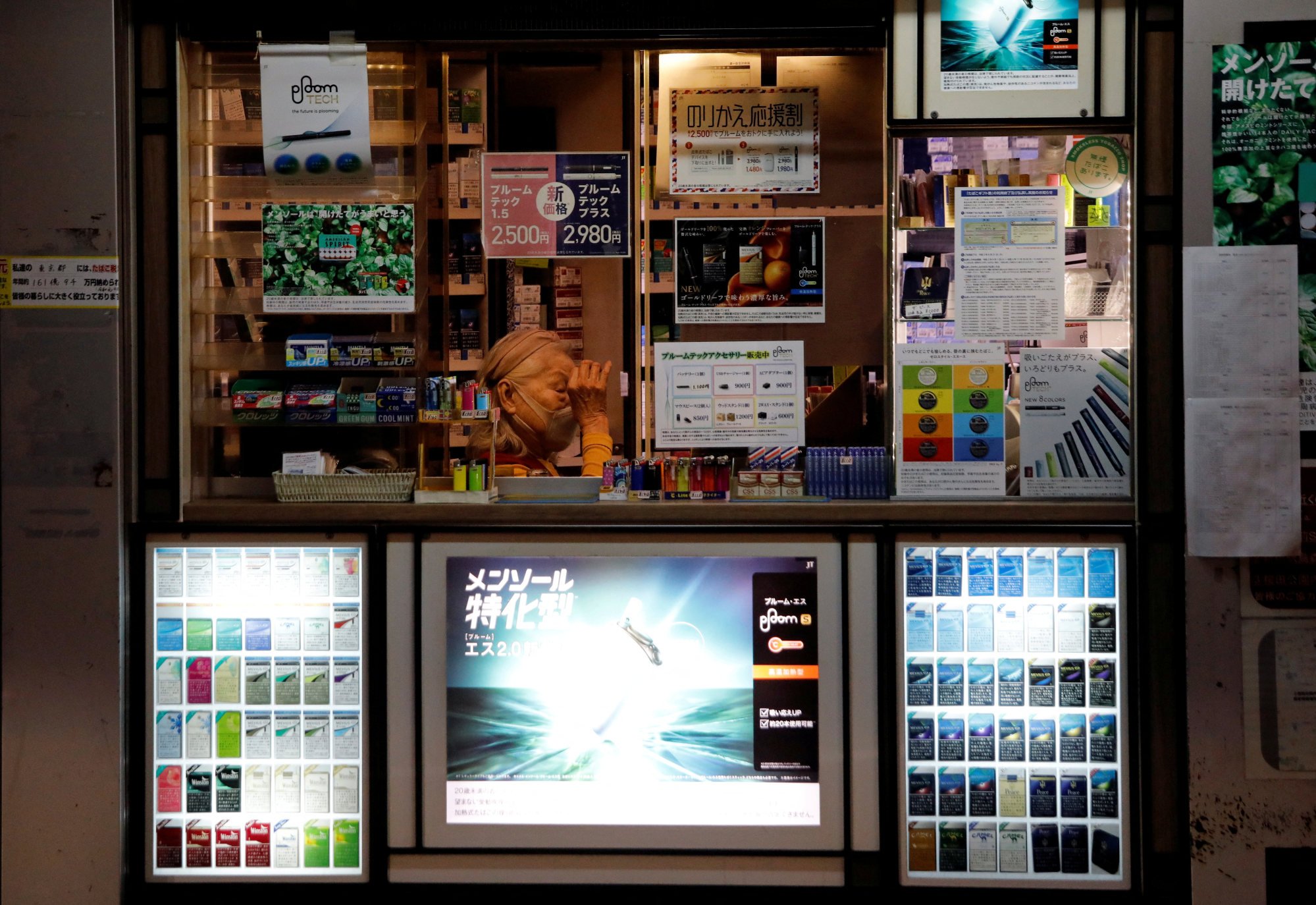Japan’s travel industry is calling on the authorities to provide more information on the country’s new strict smoking regulations to foreign visitors, who are disproportionately falling afoul of the rules and being fined.
The nationwide regulations are in addition to local rules that have been introduced in areas with high tourist footfall, such as Nara Park, which in 2009 implemented an outdoor smoking ban, enforced with an on-the-spot fine of 1,000 yen (US$6.90).

Similar restrictions were introduced in central parts of Osaka as far back as 2007, including in the popular Minami district, which attracts many foreign visitors. Roving patrols also have the power to impose a fine of 1,000 yen, with city officials telling the Mainichi newspaper that there were 4,225 violations in 2022.
In Kyoto, 40 per cent of the people fined in 2019 for smoking in the wrong place were foreign visitors, while overseas tourists accounted for 10 per cent of violations in the city of Kobe in the same year. And with tourists once again thronging Japan’s attractions, it is likely that foreign smokers will account for an increasing number of violations, largely because they are unaware of the rules.
More than 22.3 million foreign tourists arrived in Japan in the first 11 months of 2023, down from the 29.4 million arrivals in calendar 2019, but the recovery was clearly under way in the closing months of the year, with arrivals in both October and November surpassing the monthly totals for those same months in 2019.
Japanese island imposes tourist tax after G7 leaders’ visit sparks travel rush
Japanese island imposes tourist tax after G7 leaders’ visit sparks travel rush
“I really think that the majority of people who come to Japan for a holiday are mindful of Japanese traditions and respectful of the laws here,” said Hiro Miyatake, founder of the Bear Luxe Corp network of high-end travel companies.
“The problem is that very few of them understand the regulations or what is expected of them, because for most it is different from their home countries,” he said. “They do not know, for example, that it is illegal to walk and smoke at the same time and that they need to go to a smoking zone.
“I have spoken to visitors who said they were stressed because they wanted to smoke but did not want to be disrespectful of Japanese rules but could not work out where they needed to go for a cigarette,” he said.

Miyatake suggested that more information should be available, perhaps in an app, in multiple languages and spelling out the rules. It could also even provide information on designated smoking areas in neighbourhoods along with the details of bars, restaurants and other facilities with dedicated smoker-friendly areas.
The need for action is arguably most acute in Osaka, which is due to host the Osaka Kansai Expo from April to October next year, an event that is expected to attract tens of thousands of visitors from around the world.
Ashley Harvey, a travel marketing analyst who has worked in Japan’s travel sector for more than 15 years, said Japan’s apparently contradictory rules on smoking were likely to be confusing for visitors. He pointed out, for example, that while smoking outside was banned, many hotels still had rooms set aside for smokers.
“For anyone overseas making a hotel booking, they would probably look at that and conclude that Japan is pretty liberal on its smoking rules,” he said. “Hotels in most of the rest of the world have been non-smoking for some years, but smoking outdoors is permitted.”
Why the next big Asian medical tourism destination could be Osaka, Japan
Why the next big Asian medical tourism destination could be Osaka, Japan
Harvey said that more needed to be done to inform foreign visitors of the regulations on smoking. “The best way to deal with the issues is ongoing, gentle reminders to tourists, although it is still going to take some time for the message to embed.”
Unfortunately, he added, many Japanese are unhappy at the return of large tourist numbers in some of the nation’s most popular cities, primarily Tokyo, Kyoto and Osaka. Foreigners who frequently break the rules on smoking might provide more ammunition for opponents of mass tourism.
“Tourists are always going to be under the microscope and it is very easy to blame them as a group for a problem, especially when I see plenty of Japanese breaking the rules by walking and smoking at the same time,” Harvey said. “Tourists can be an easy target.”

